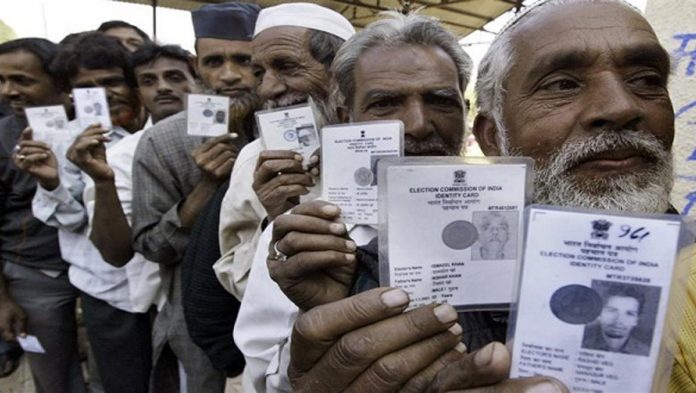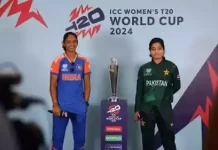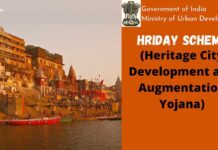On 218 seats,Muslim votes can be decider, if not divided in the country
By Abdul hafiz lakhani Ahmedabad/New Delhi
The 2019 Lok Sabha dates are out. Voting will be conducted in seven phases for the Lok Sabha election 2019. The first phase of voting will take place on April 11 while the last phase will be held on May 19. The results of the election will be announced on May 23. 2019 Loksabha election will decide the destiny of India. This is the most important election in post-independence era as saffron party –BJP is looking for second term at center under the leadership of PM Modi to take RSS agenda ahead to bring so called ‘Ram Rajya’ in country. secularism and constitution of this country is questioned by this dispensation many times in past indirectly. On the other hand opposition parties are still directionless and clueless to some some extent to fight this saffron brigade. UP–politically the most sensitive state has not able to see Congress into alliance with SP and BSP.
With elections dates announced, the Muslim vote is of vital importance to the outcome. The country’s single largest religious minority makes up 14 percent of India’s population of more than 1.2 billion people. About 17 crores 22 lac population of India constitutes the Muslim community. And in some constituencies the Muslim vote can play a key role in deciding the winner, analysts say.
• There are 145 seats in India where Muslims accounts for 20% of the overall vote share on each seat
• There are 38 seats in India where Muslims has a vote share of 30%
• There are almost 35 seats in India in which out of every 3 votes is a Muslim vote
• Overall there all 218 seats in India where Muslims have a great influence
So its clear from the above data that Muslims can have a great influence on most of the seats and can play a vital role in Indian politics. If the Muslim votes consolidate in favor of the particular candidate then the chances of him/her getting elected are maximum.
But after the 2014 general election, there are only 24 Muslim MP’s which constitutes only 5% of overall Members of Parliament. In 2014, 38% of Muslims voted for Congress, 8.5% for BJP, Left for 6.4% and Samajwadi Party managed to get 11.2%
Year of polls
| Number of MPs | % | ||
| 1 | 1952 | 11 | 2 |
| 2 | 1957 | 19 | 4 |
| 3 | 1962 | 20 | 4 |
| 4 | 1967 | 25 | 5 |
| 5 | 1971 | 28 | 6 |
| 6 | 1977 | 34 | 7 |
| 7 | 1980 | 49 | 10 |
| 8 | 1984 | 42 | 8 |
| 9 | 1989 | 27 | 6 |
| 10 | 1991 | 25 | 5 |
| 11 | 1996 | 29 | 6 |
| 12 | 1998 | 28 | 6 |
| 13 | 1999 | 31 | 6 |
| 14 | 2004 | 34 | 7 |
| 15 | 2009 | 30 | 6 |
The BJP largely gained from the sharp division among its anti-vote banks , including the Muslims, between the two regional forces both in the 2014 Lok Sabha and 2017 assembly elections in UP, which fills 80 seats in the lower house of Parliament.The state that had sent 73 of its candidates to the Lok Sabha in 2014 is crucial to the party’s ambition of returning to power in general election. The BJP high command is keen on retaining the tally, if not increasing it.


































